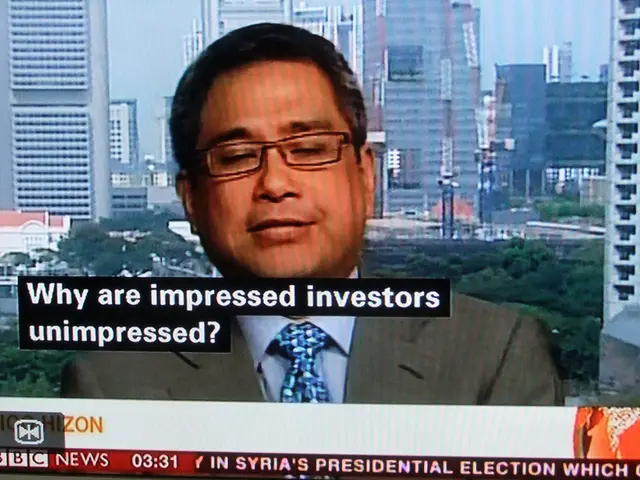Stakeholders of PJM strongly criticize the idea of linking data centers
PJM Interconnection, the operator of the largest regional power grid in the United States, has proposed adding data centers to its system by the end of the year. However, this move has sparked concerns and criticisms from various parties, including grid operators, independent power producers, utilities, data center companies, and consumer advocacy groups.
At the heart of the controversy is PJM's proposal to treat new data centers over 50 MW as "non-capacity-backed load," or NCBL. This means that these data centers would not need to procure capacity in PJM's capacity auctions. If voluntary participation in the NCBL status is not met, PJM could require it to prevent a capacity shortfall caused by large load additions.
Several companies, including NextEra Energy, Calpine, and Google, Meta, Microsoft, and Amazon Data Services, have expressed opposition to the NCBL proposal. They argue that it could distort market competition and increase costs for consumers. Some power suppliers, like Constellation Energy, have also raised concerns about the proposal's legal flaws, including jurisdictional overreach, discrimination against new load, and preventing existing generation from serving the load.
Exelon has gone a step further, urging PJM to withdraw the NCBL proposal. They argue that it invokes North American Electric Reliability Corp. standards to justify load curtailments, which is not permitted in the NERC reliability framework.
The Electricity Customer Alliance recommends a phased approach to address resource adequacy concerns both now and in the long-term. They suggest that PJM should break its CIFP initiative into stages, with the first focused on measures that could help stabilise prices in the 2028/29 base capacity auction. Initial efforts should focus on load forecasting and on how large loads can supply their own generation, they say.
East Kentucky Power Cooperative warns that the NCBL proposal could erode investor confidence needed to finance new power plants due to its potential to cap capacity prices. Advanced Energy United shares similar concerns, suggesting that the NCBL proposal may not meet PJM's goals and that filing a proposal with the Federal Energy Regulatory Commission in December will be challenging due to the complexity of the issue.
The governors from Illinois, Maryland, New Jersey, and Pennsylvania have also expressed concerns about the proposed NCBL's unpredictability and potential for unintended results. They call for more accurate load forecasting, interconnection improvements for "energy only" resources, and better regional transmission planning.
LS Power, on the other hand, considers the NCBL proposal a premature and out-of-market reaction to an inadequately defined challenge. Their modeling predicts that PJM's reserve margin will remain above 10% in several upcoming capacity auctions, a level common in other regional transmission organizations.
As PJM moves forward with its plan, it remains to be seen how these concerns will be addressed and whether the NCBL proposal will be implemented as proposed.
Read also:
- Nightly sweat episodes linked to GERD: Crucial insights explained
- Fitbit Versa 4 Experiences Continuous Price Drops on Amazon
- Asthma Diagnosis: Exploring FeNO Tests and Related Treatments
- Unfortunate Financial Disarray for a Family from California After an Expensive Emergency Room Visit with Their Burned Infant







